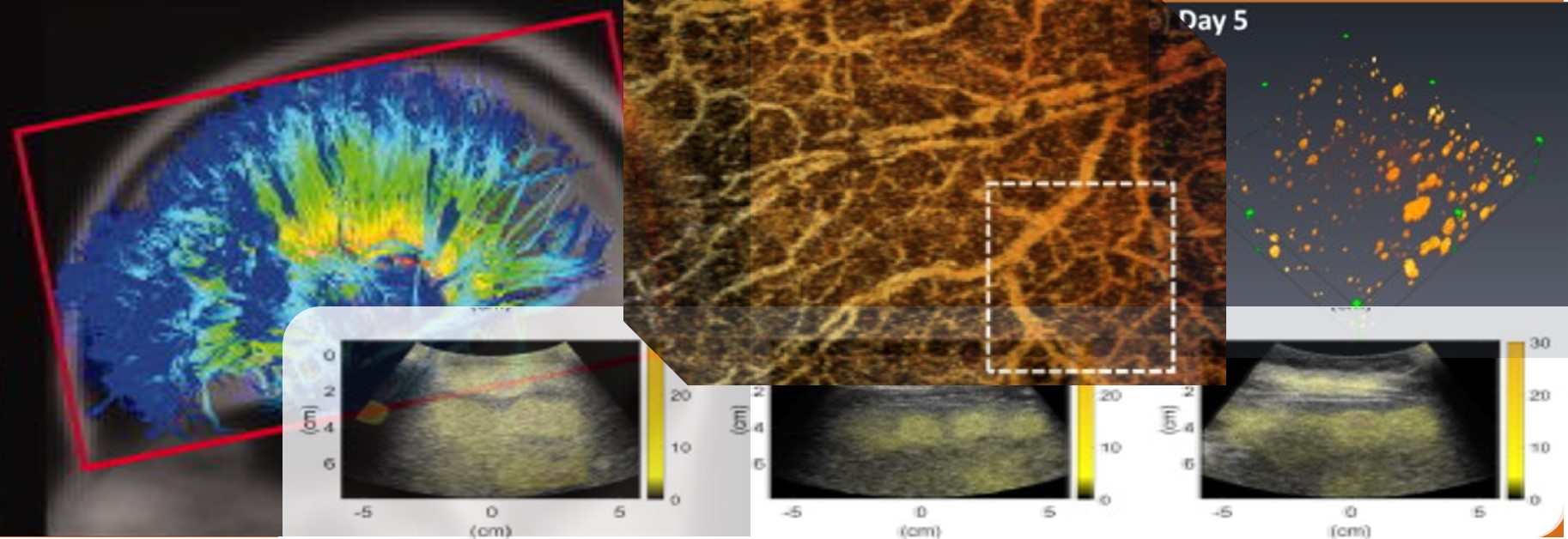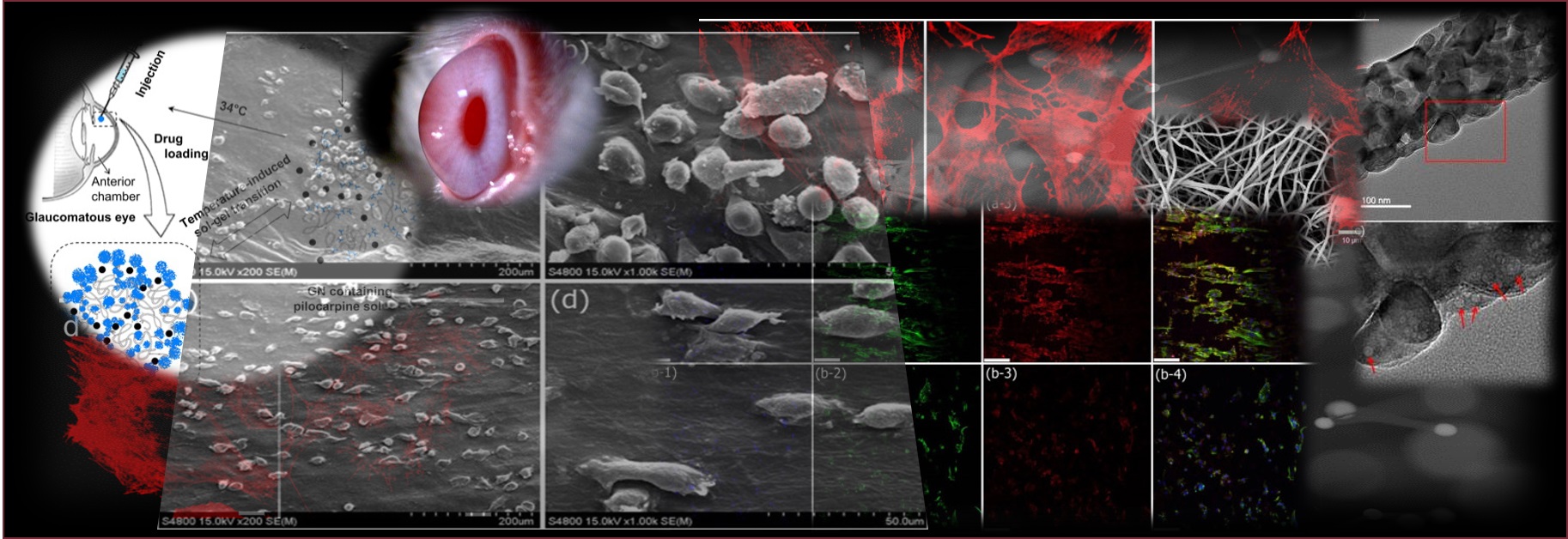To implement the strategy of driving teaching and nurturing cross-disciplinary talents through research, Chang Gung University, Taiwan, established the Graduate Institute of Biochemical and Biomedical Engineering and the Graduate Institute of Medical Mechatronics in 2002. With increasing demand in home care-related industries due to a rapidly aging population and the increasing sophistication of techniques related to precision medical care equipment, the number of students who are interested in graduate school to study related to the field of biomedical engineering has been increasing. In August 2018, to effectively integrate, share and connect resources and implement the strategy of training biomedical engineers who have an engineering science background, can integrate life science-related knowledge and are capable of solving problems in clinical medicine or improving medical care efficiency and thereby improving patients' quality of life, the university merged the Graduate Institute of Biochemical and Biomedical Engineering and the Graduate Institute of Medical Mechatronics to form the Graduate Institute of Biomedical Engineering (BME-CGU).
To achieve the goal of providing an education that attaches importance to both engineering and basic biology and cultivates biomedical engineers with independent thinking and the ability to solve clinical medicine-oriented problems, the BME-CGU has developed unique teaching characteristics. One such characteristic is that in addition to offering common basic science courses, BME-CGU integrates industry resources such that students are subjected to field training at Chang Gung Memorial Hospital under the guidance of hospital clinicians and introduced to clinical experience and observation. This approach ensures that students understand applications of medical equipment in various departments and improvements that are needed as well as the importance of the role of biomedical engineers and the skill set that these engineers require. Moreover, the institute invited experts who had been involved in the Stanford-Taiwan Biomedical Fellowship Program to teach courses related to the design and development of medical materials. In these courses, students can learn about the possibilities and potential of applying biomedical engineering knowledge in areas ranging from medical product design to commercial use, which can serve as the cornerstone of student engagement in innovation and entrepreneurship in the medical equipment industry after graduation. At the same time, in accordance with the principle of enterprise resource integration and sharing, all BME-CGU faculty are qualified investigators affiliated with Chang Gung Memorial Hospital and have long-term research collaborations with doctors at the hospital. In assisting with the execution of these projects, students can learn how to communicate between engineering and medical fields effectively.
In addition to utilizing our own equipment, the BME-CGU makes full use of the resources of other research centers of the university, such as the Artificial Intelligence Center and the Biomedical Engineering Center, to engage in studies in the fields of biomedical signals and imaging, biomedical materials and sensing and biomedical electronics and mechanics to generate abundant patents and technical achievements. We sincerely invite students with a background in engineering or biological science to join BME-CGU.





